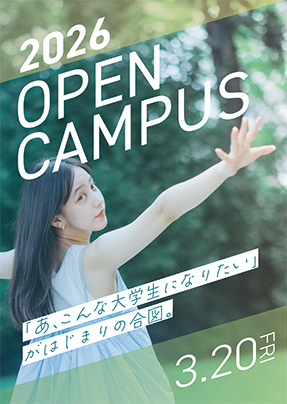Qing Dynasty Scholar's Impressions of Makiguchi's “The Geography of Human Life” Discovered in Newly Found Material

In 1903, at the age of 32, Tsunesaburo Makiguchi, who later proposed the Soka pedagogy, published his work The Geography of Human Life as a new book on geography.
This book, written in the early 20th century in an age of western imperialism, is filled with ideas such as that of a “global citizen,” who, from learning about their local region extend their thoughts to the world, and the principle of “humanitarian competition” which advocates for “not building the happiness of one’s own country on the misfortune of other countries.” The book greatly impacted the readers and garnered a significant response.
Makiguchi taught geography at an institute established for Chinese students (Kobun College), and many students who came to Japan studied geography under him. Upon returning to China, they translated and published The Geography of Human Life into Chinese, and it is still available in many Chinese Universities.
The material that has been discovered is a section written by Liang Qichao in the third year and fifth issue of the magazine “Xīn mín Cóng bào,” published in the year following the publication of “The Geography of Human Life” (1904: China was in the Qing Dynasty).
Liang Qichao, an intellectual active from the late Qing Dynasty to the early republican period, was a powerful advocate for the reform and modernization of Chinese society at the time. Later, he served as a Professor at Tsinghua University and director of the Beijing Library.
It is believed that Liang Qichao was deeply moved when he read Makiguchi’s The Geography of Human Life in Japan, leading to the book becoming well-known in China.
Passage by Liang Qichao
按地学之精微至是而極近世学者謂地理与羣治有密接之関係誠有察於此也吾去年始見日本人牧口常三郎所著人生地理學一書舉日本全土風俗政治種種發達之差異而悉納之於地理旁引泰西各國以爲證而皆有精確不磨之論據吾讀卒業嘆爲得未曾有而 不知吾二百年前之先民已有志於此業者後起無人大業不竟誰之責也可歎可媿 王易以顧黄王学継荘難高山景行吾響往焉
Tentative Translation
Having meticulously explored the subtleties of geography to this extent, it closely aligns with what modern scholars assert, that geography and social governance are intimately related, and truly, this insight is evident here.
It was only last year that I first encountered the book The Geography of Human Life, written by the Japanese scholar Tsunesaburo Makiguchi. It meticulously examined the differences in customs, politics, and various aspects of development throughout Japan, attributing them all to geographical factors. Furthermore, examples from Western countries were extensively cited, and each example was supported by precise and irrefutable arguments.
Upon finishing the book, I was deeply moved, and it left a profound impression on me. However, it turns out that some of our ancestors (Chinese) had already harbored aspirations in this field as far back as 200 years ago. That later generations had no one to take this forward, and this great work could not be completed. After all, whose responsibility was it? It is both lamentable and shameful.
Wáng Yǐnzhī succeeded the scholarship of Gu Yanwu and Huang Zongxi. Wáng Fūzhī's learning was like looking up to a path as noble and splendid as a towering mountain, even inheriting profound ideas such as those of Zhuangzi. I am deeply moved by these ancestors and have profound respect for them.
Based on Liang Qichao's comments above, it can be said that Mr. Makiguchi's "The Geography of Human Life" is not physical geography, but an applied social science approach to explore the relationship between human society and geography, and in it he finds a new kind of knowledge that Chinese intellectuals should aim for.
Beyond expressing his surprise and praise for Mr. Makiguchi's scholarship, this passage also conveys a sense of lament for the discontinuity of the intellectual legacy of his Chinese ancestors.
There was also a strong aspiration to follow in the footsteps of past Chinese thinkers, whom he considers to be idealistic in their scholarship.
This information was published in the article “Learning the Origin of Soka Education” by Mr. Masayuki Shiohara, a visiting researcher to IRISE, in the June issue of the Magazine Todai.
The second part of the serialized article published in June, describes Makiguchi’s journey towards the publication of “The Geography of Human Life,” the response after the publication, and his perspectives on global citizenship and a humanitarian society. It also introduces the lectures on geography taught by Makiguchi to the international students from China.





